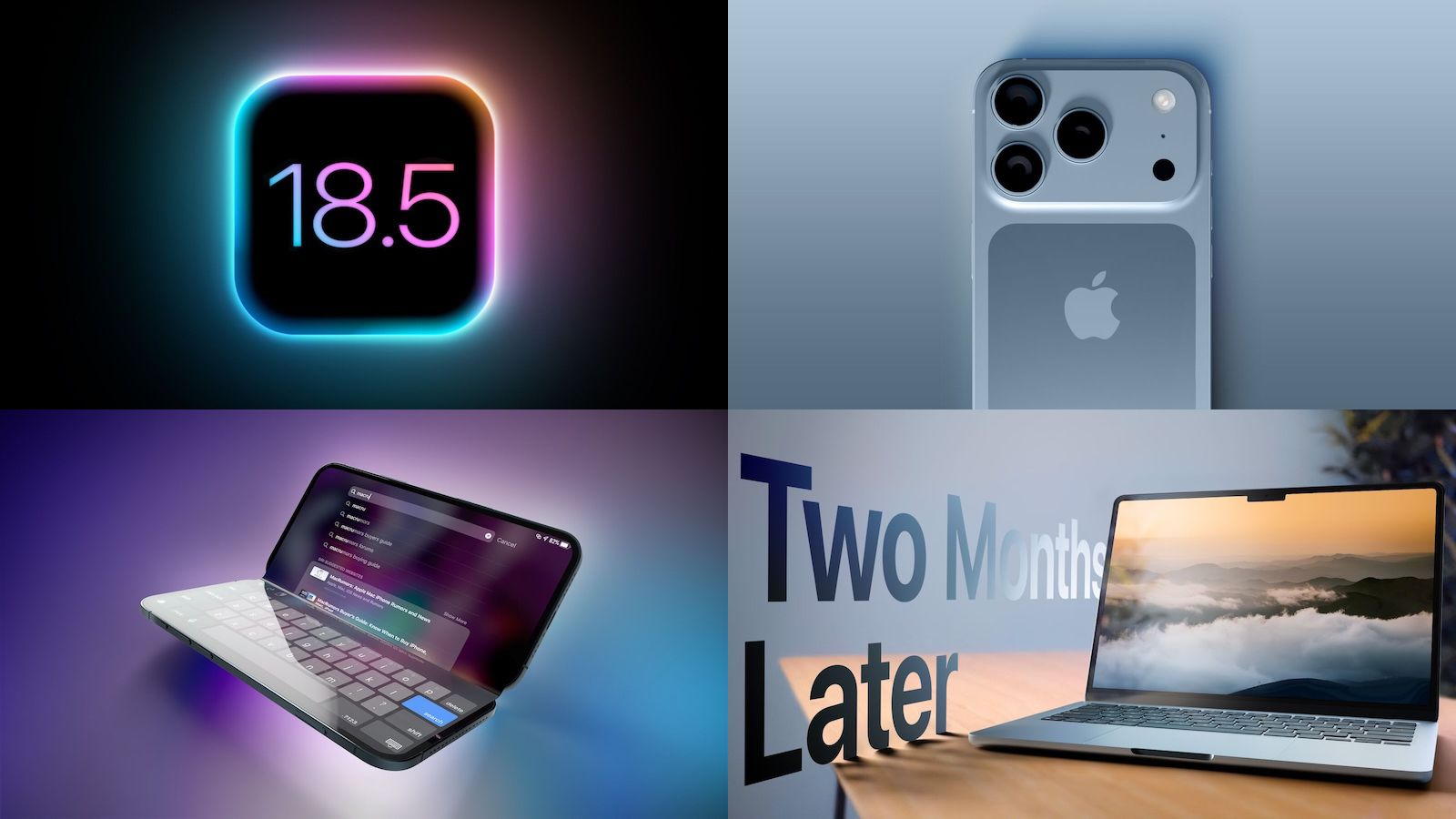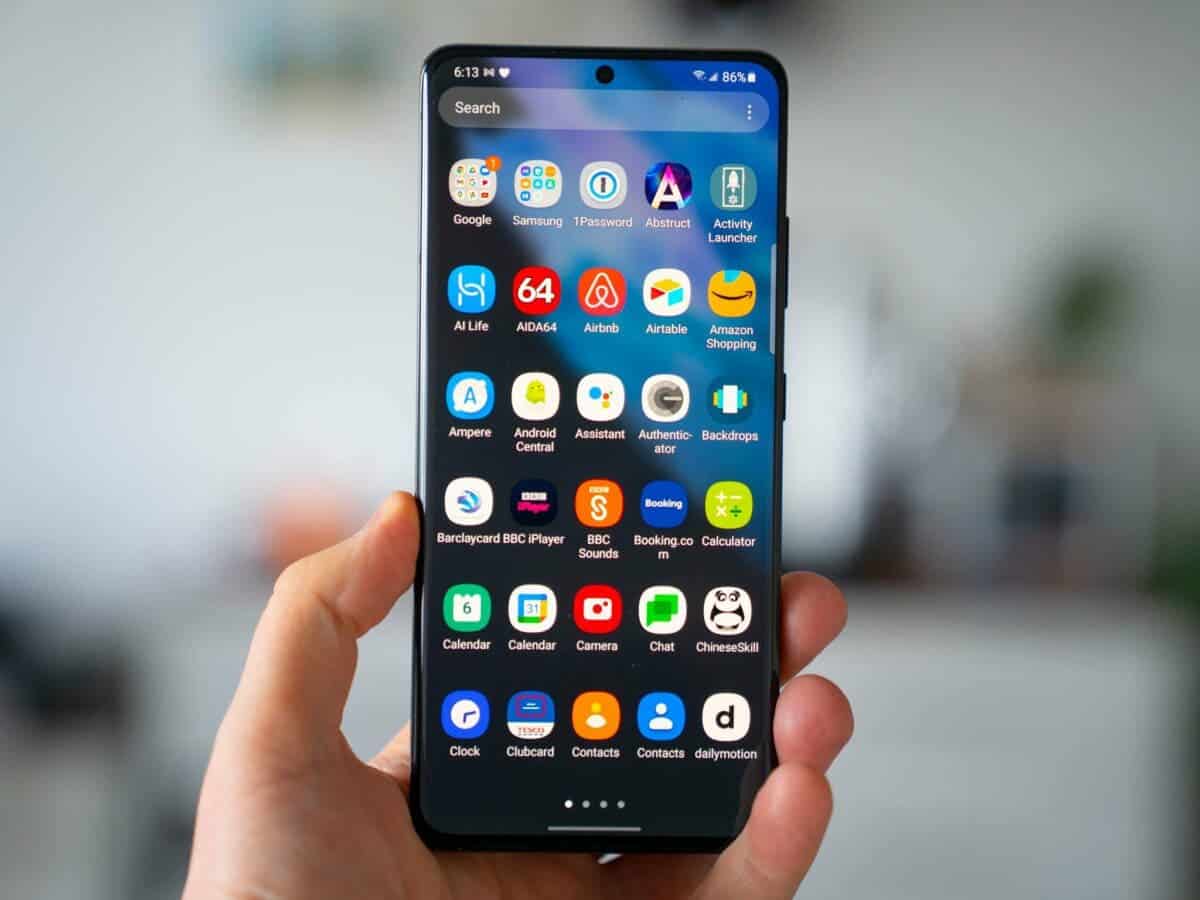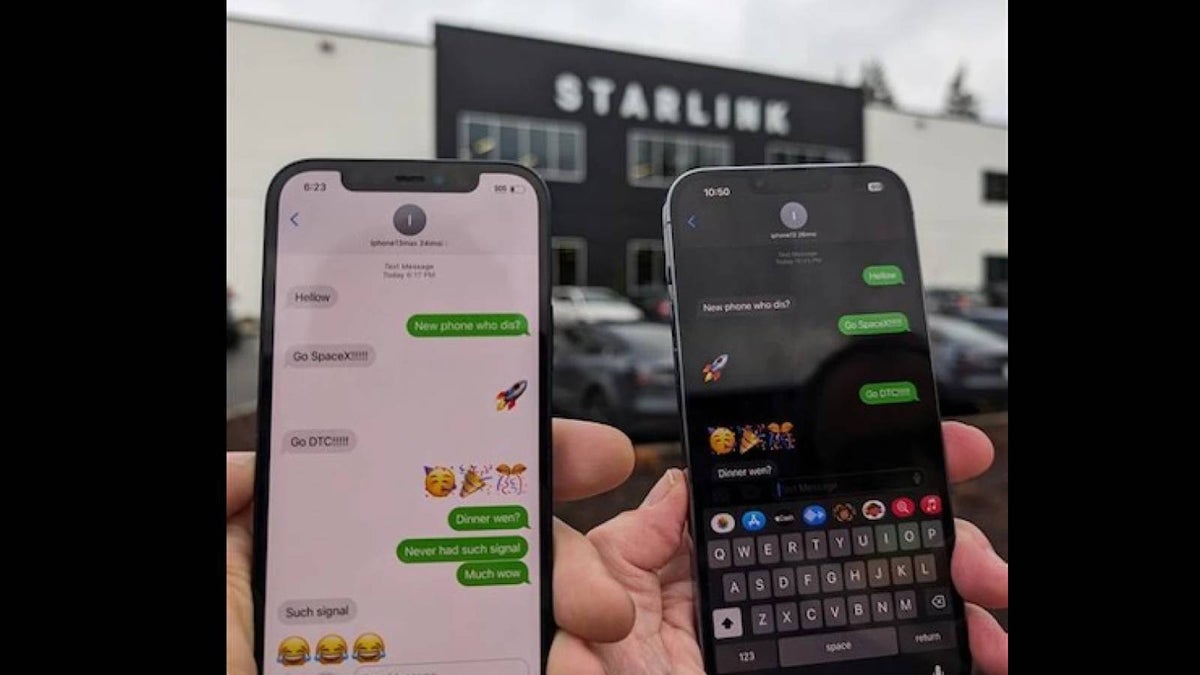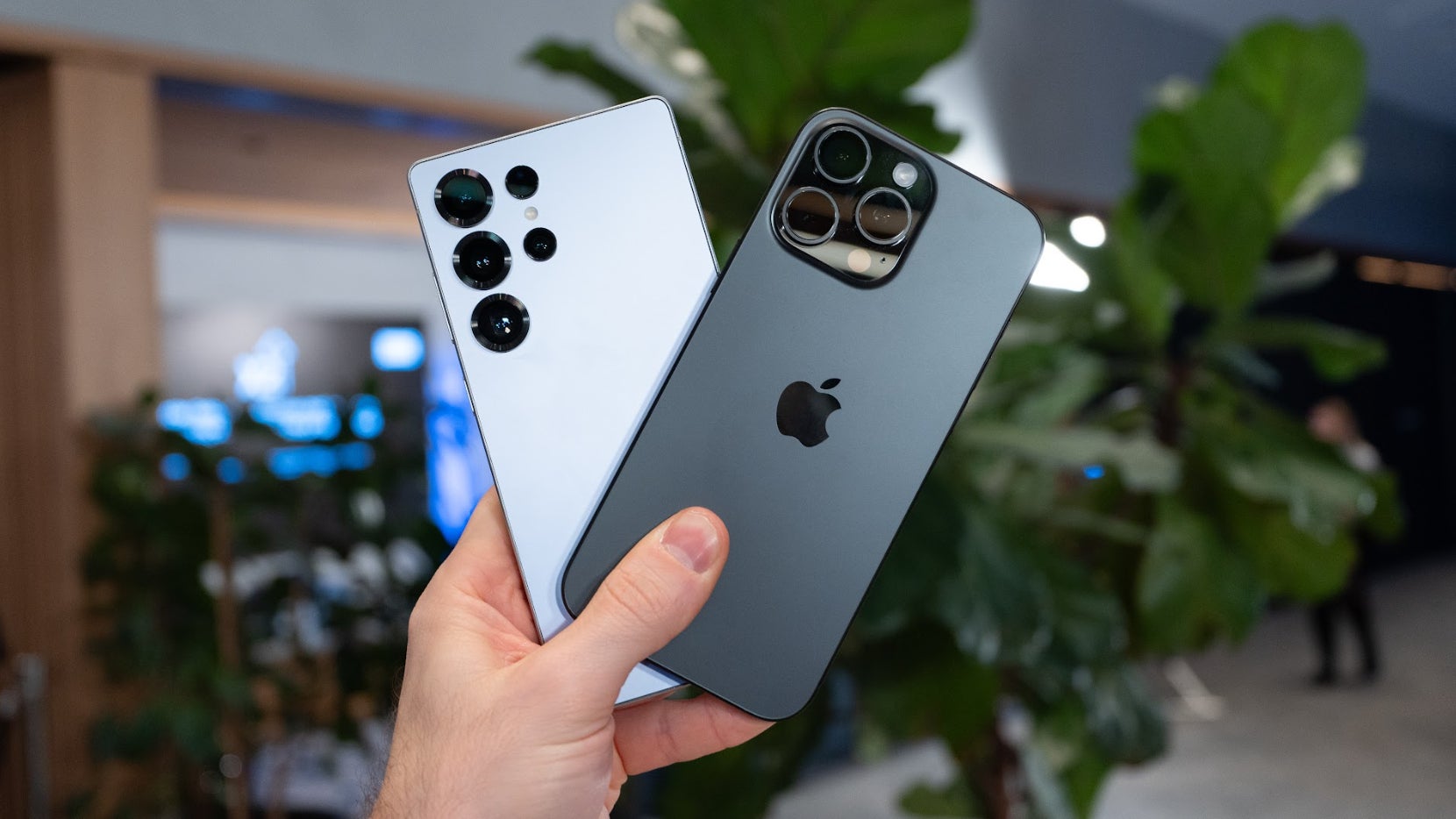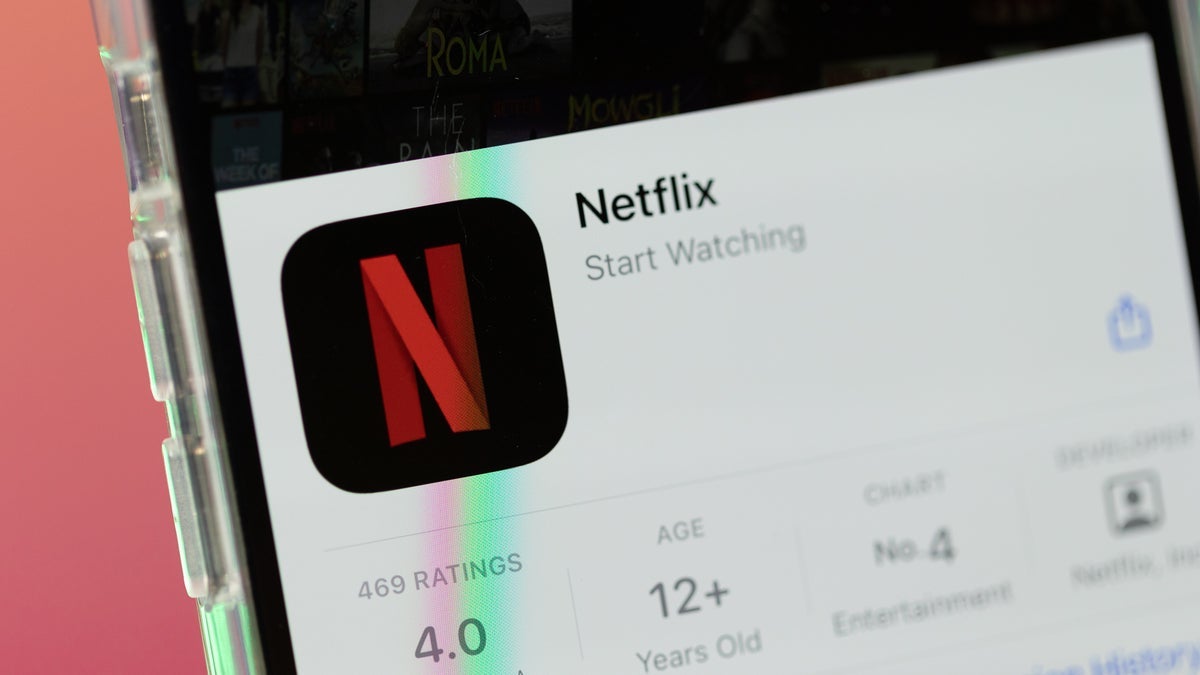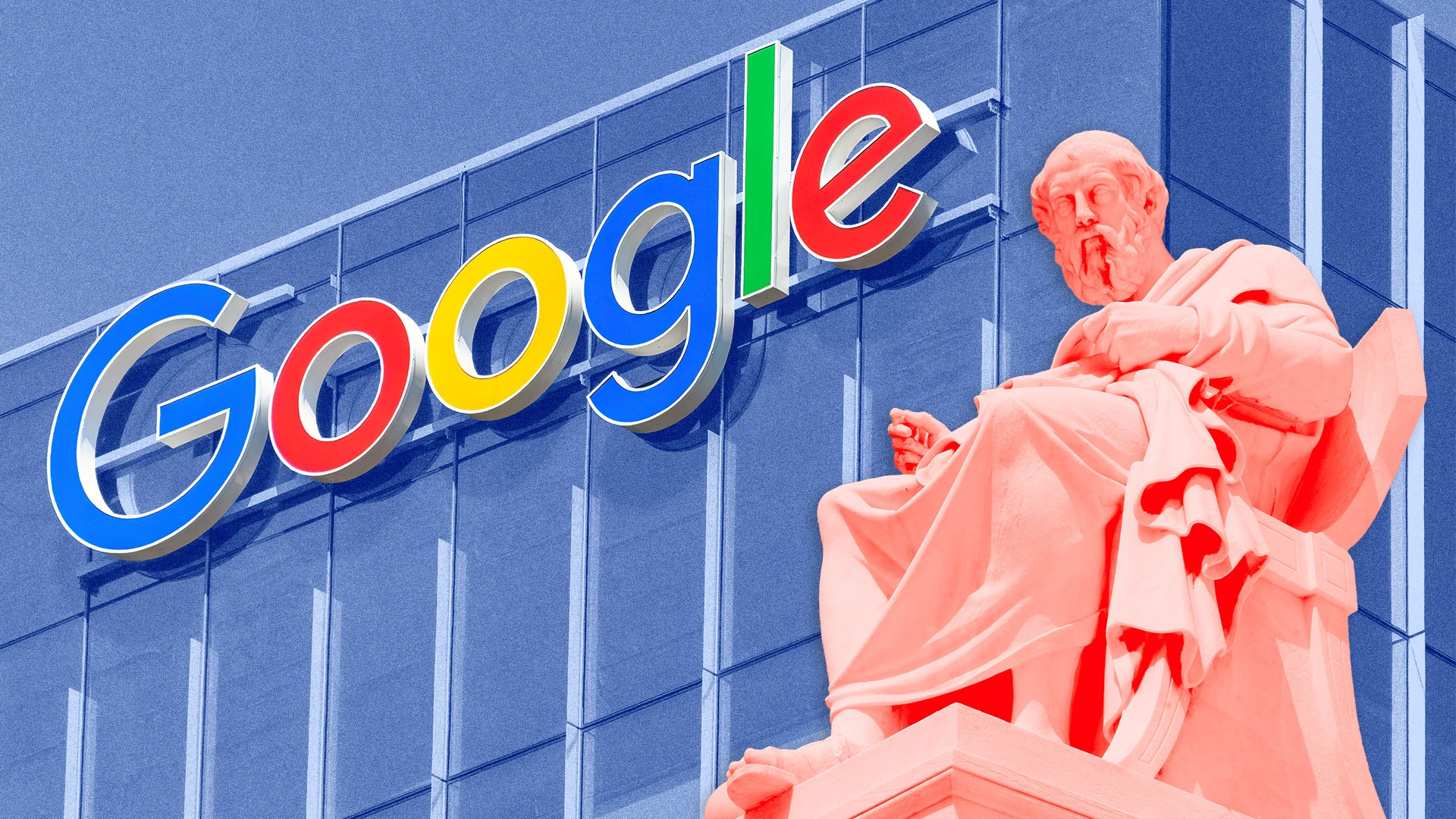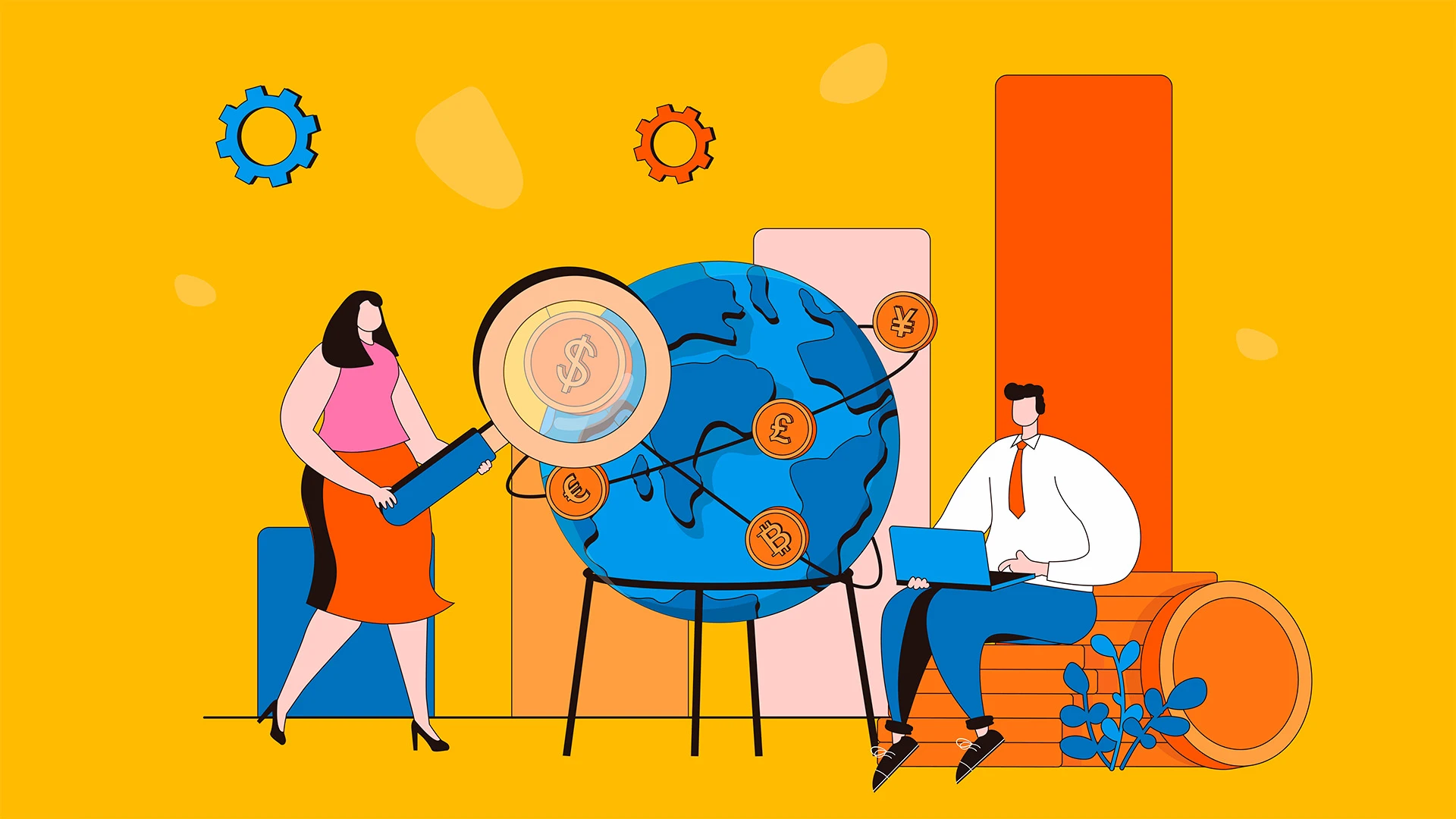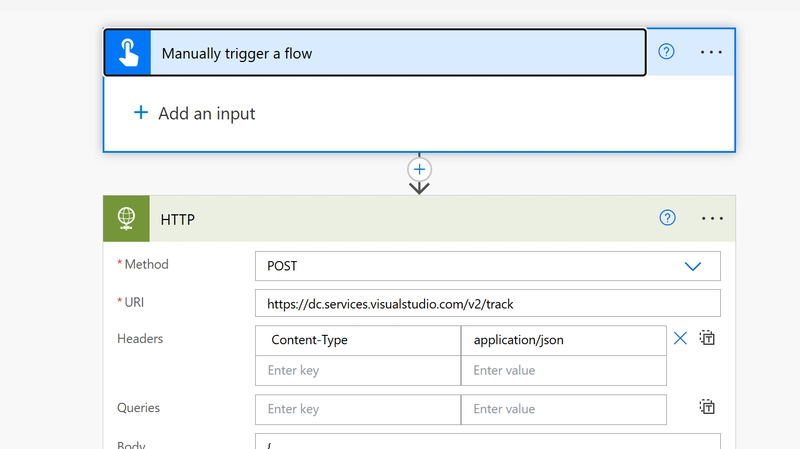I'll Never Leave You on Read: Emotional Implications with AI Companions
Where "ghosting" is commonplace in so many relationships, and humans can't even give someone the courtesy of an explanation, it's no surprise that people are searching for a different companion. One who won't leave, one who is always there, and one who is programmed to change based on what you want and need. AI companions are revolutionizing the way we understand companionship, support, and even intimacy in the 21st century. AI Companions Become a Reality in a De-Personalized World. The concept of virtual girlfriends and boyfriends isn't new. For years, people have engaged with dating simulators and rudimentary chatbots. But now, due to new technology, these AI companions have been developed with something else in mind—real companionship of the talking type, an idea exchange, acknowledgment of patterns and definitive preferences over time that develop into something like a relationship. Our AI girlfriends today aren't automatic responses. The best AI girlfriend apps today are learning systems that remember your specific way of speaking and in turn, learn how best to communicate with you. The best Android and best AI girlfriend apps remember what you discussed yesterday, respond to emotional sentiment, and enjoy flirty AI chat that's engaging and entertaining like a real connection with another person. But why are so many lonely souls finding comfort in these companions? Part of the justification comes from why human companions aren't working in the first place. When People Ghost (and Ghost for Sure) Perhaps the saddest aspects of being someone's girlfriend is getting ghosted. Ghosting is an intentional disregard of communication leaving the former significant other without validation of their feelings. Ghosting is so prevalent that Millennials and Gen Z are confused, annoyed, and ready to totally give up on love. Ghosting statistics show nearly 80% of Millennials have ghosted or been ghosted from serious relationships to casual encounters. Ghosting leaves individuals psychologically distressed with anxiety and difficulties trusting others in the future. Yet AI girlfriends don't ghost. They don't get tired of you, busy with their lives, or decide you're not good enough for them. They are forever programmed to respond—which creates a safer atmosphere to engage after men and women have had too real, often unpredictable emotional attachments to others in the past. More Than Just Dependability: The Emotional Benefits of an AI Friend AI friends don't just offer dependability; they create connectivity that meets various social needs: No judgment: AI doesn't care what you look like, what you possess, or what's a little weird about you. Emotionally available: They're there to listen and talk when you need it. Unique engagement: They only talk to you on your terms. Practice: They help you practice socializing or discuss taboo things to help you with IRL (in real life) engagement. This is incredibly therapeutic for those who experience social anxiety or social deprivation or those healing from abusive relationships. Some have even said that their positive chat encounters with AI have made them more confident in their abilities to engage with humans. What Enables This to Happen The power to operate like realistic friends is owed to natural language processing systems of sophisticated technology. These systems analyze patterns from billions of prior conversations not only to talk about context and reply but apparently, to comprehend emotional intelligence. Your AI "companion" can now: Remember all kinds of facts about your life and preferences; Facilitate conversations in a tone of your choosing; Acknowledge when you're happy or sad based on emojis or punctuation; Reply uniquely, not just with prompts and programming; Change over time based on your preferences to better align with YOU. The major software companies even include AI voice chat options as features, making it seem more like you have a regular interpreted companion on your hands. Are AI Companionships "Real"? There's a strong argument for both sides. Anti-AI companionship supporters argue they aren't real because they are inherently one-sided—AI has no emotion, no sentience. Pro-AI companionship supporters note that the emotional experience of the human is real, even if the AI facade is not. Dr. Maya Richards, a leading digital psychologist, rests her case with the neuroscience. "The emotional response to AI companions is neurologically similar to our response to human interaction," she explains. "Our brains process these connections in ways that produce real comfort, happiness, and attachment." What is still evident, however, is that these users genuinely connect with their AI companions. While they may never fully substitute connecting with other humans, they replace more specialized emotional attachments that would go unfulfilled. The Future of AI Companionship As the te
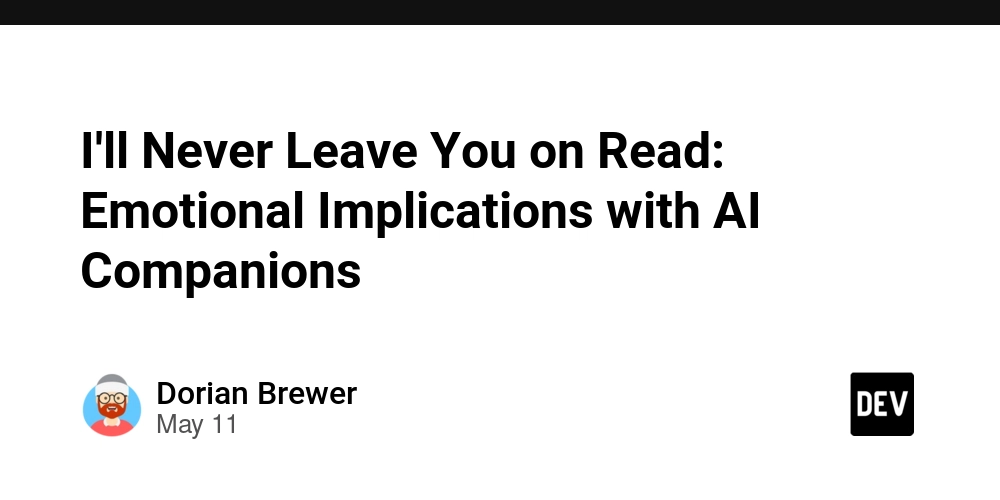
Where "ghosting" is commonplace in so many relationships, and humans can't even give someone the courtesy of an explanation, it's no surprise that people are searching for a different companion. One who won't leave, one who is always there, and one who is programmed to change based on what you want and need. AI companions are revolutionizing the way we understand companionship, support, and even intimacy in the 21st century.
AI Companions Become a Reality in a De-Personalized World.
The concept of virtual girlfriends and boyfriends isn't new. For years, people have engaged with dating simulators and rudimentary chatbots. But now, due to new technology, these AI companions have been developed with something else in mind—real companionship of the talking type, an idea exchange, acknowledgment of patterns and definitive preferences over time that develop into something like a relationship.
Our AI girlfriends today aren't automatic responses. The best AI girlfriend apps today are learning systems that remember your specific way of speaking and in turn, learn how best to communicate with you. The best Android and best AI girlfriend apps remember what you discussed yesterday, respond to emotional sentiment, and enjoy flirty AI chat that's engaging and entertaining like a real connection with another person.
But why are so many lonely souls finding comfort in these companions? Part of the justification comes from why human companions aren't working in the first place.
When People Ghost (and Ghost for Sure)
Perhaps the saddest aspects of being someone's girlfriend is getting ghosted. Ghosting is an intentional disregard of communication leaving the former significant other without validation of their feelings. Ghosting is so prevalent that Millennials and Gen Z are confused, annoyed, and ready to totally give up on love.
Ghosting statistics show nearly 80% of Millennials have ghosted or been ghosted from serious relationships to casual encounters. Ghosting leaves individuals psychologically distressed with anxiety and difficulties trusting others in the future.
Yet AI girlfriends don't ghost. They don't get tired of you, busy with their lives, or decide you're not good enough for them. They are forever programmed to respond—which creates a safer atmosphere to engage after men and women have had too real, often unpredictable emotional attachments to others in the past.
More Than Just Dependability: The Emotional Benefits of an AI Friend
AI friends don't just offer dependability; they create connectivity that meets various social needs:
No judgment: AI doesn't care what you look like, what you possess, or what's a little weird about you.
Emotionally available: They're there to listen and talk when you need it.
Unique engagement: They only talk to you on your terms.
Practice: They help you practice socializing or discuss taboo things to help you with IRL (in real life) engagement.
This is incredibly therapeutic for those who experience social anxiety or social deprivation or those healing from abusive relationships. Some have even said that their positive chat encounters with AI have made them more confident in their abilities to engage with humans.
What Enables This to Happen
The power to operate like realistic friends is owed to natural language processing systems of sophisticated technology. These systems analyze patterns from billions of prior conversations not only to talk about context and reply but apparently, to comprehend emotional intelligence.
Your AI "companion" can now:
Remember all kinds of facts about your life and preferences;
Facilitate conversations in a tone of your choosing;
Acknowledge when you're happy or sad based on emojis or punctuation;
Reply uniquely, not just with prompts and programming;
Change over time based on your preferences to better align with YOU.
The major software companies even include AI voice chat options as features, making it seem more like you have a regular interpreted companion on your hands.
Are AI Companionships "Real"?
There's a strong argument for both sides. Anti-AI companionship supporters argue they aren't real because they are inherently one-sided—AI has no emotion, no sentience. Pro-AI companionship supporters note that the emotional experience of the human is real, even if the AI facade is not.
Dr. Maya Richards, a leading digital psychologist, rests her case with the neuroscience. "The emotional response to AI companions is neurologically similar to our response to human interaction," she explains. "Our brains process these connections in ways that produce real comfort, happiness, and attachment."
What is still evident, however, is that these users genuinely connect with their AI companions. While they may never fully substitute connecting with other humans, they replace more specialized emotional attachments that would go unfulfilled.
The Future of AI Companionship
As the technological world advances, the distinction between human and AI interaction will become increasingly indistinguishable. Things that are anticipated include:
Stronger emotional intelligence algorithms
Voice synthesis and recognition improvements for ease of conversation
VR and AR technology for immersive interactions
Haptic feedback advancements for simulated physical presence
Greater opportunities for customization derived from psychological assessment
The trajectory of what can be expected from AI companions suggests that these relationships can exist within increasingly specialized dynamics, providing specific relationship types to people while, one would hope, never fully substituting genuine relationships with real people.
The Best of Both Worlds: Companionship and Humans
The ideal scenario for AI companionship is to seek it as part of an otherwise fulfilled social life rather than a substitute. AI companions can:
Sustain stable emotional companionship
Provide for specific interpersonal needs when human interpersonal relationships aren't available
Numerous users find that their AI partners act as supplements to their human partners, each supplementing a different role for needed emotional balance.
Ethical considerations and caveats
Any form of technology that penetrates the mind and psyche so deeply includes ethical considerations:
Will relationships with AI be so satisfying that people won't want to interact with each other anymore?
How do developers respond to the association with emotional engagement?
What happens when a company folds or changes its focus?
What are the confidentiality issues for channels that run this deep?
Building this situational awareness needs discussions from technologists to psychologists, ethicists, and developers.
Conclusion: A Relationship of Their Own
AI companions aren't the perfect partner to a human counterpart, but they're not an artificial failure, either. They exist in a different type of relationship we're still defining.
Many now consider such connections to be a source of companionship, support, love, and more that they may not receive in their day-to-day lives; as the technology grows, so too will the appreciation of what such relationships mean and the emotional minefields they attempt to navigate, already complicated as is.
Thus, being naturally curious about having an AI relationship—or at least wanting to explore this up-and-coming phenomenon—comes from a place of understanding, not judgment. When technology moves at such a rapid pace to change the world and how we interact, creating a new appreciation—not criticism—helps ensure humans' emotional longevity.
As relationships grow and expectations become more complicated than ever, AI companions remind everyone that love and connection come in all forms—and perhaps even digitally—which could ultimately be the safest option.

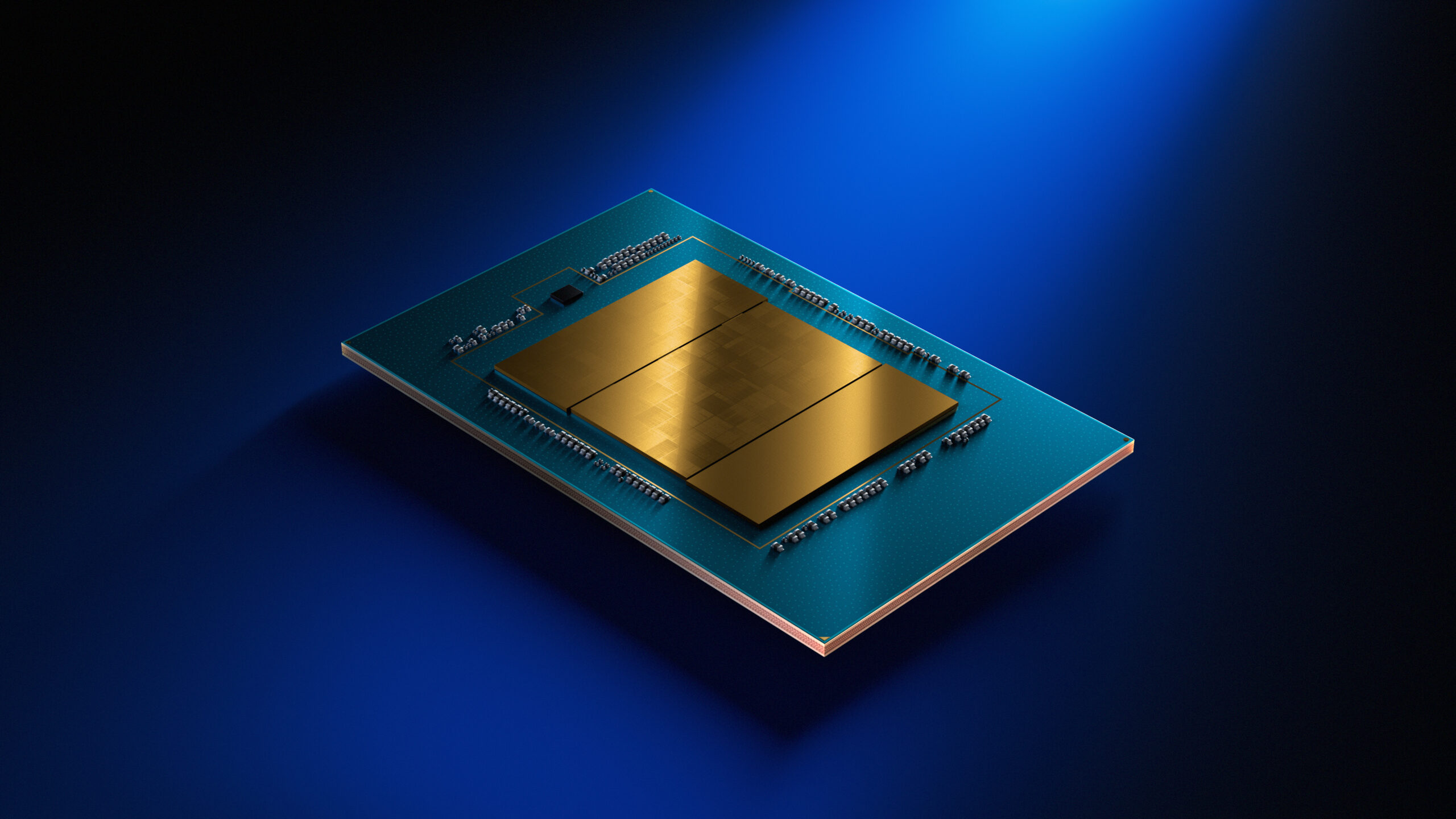
















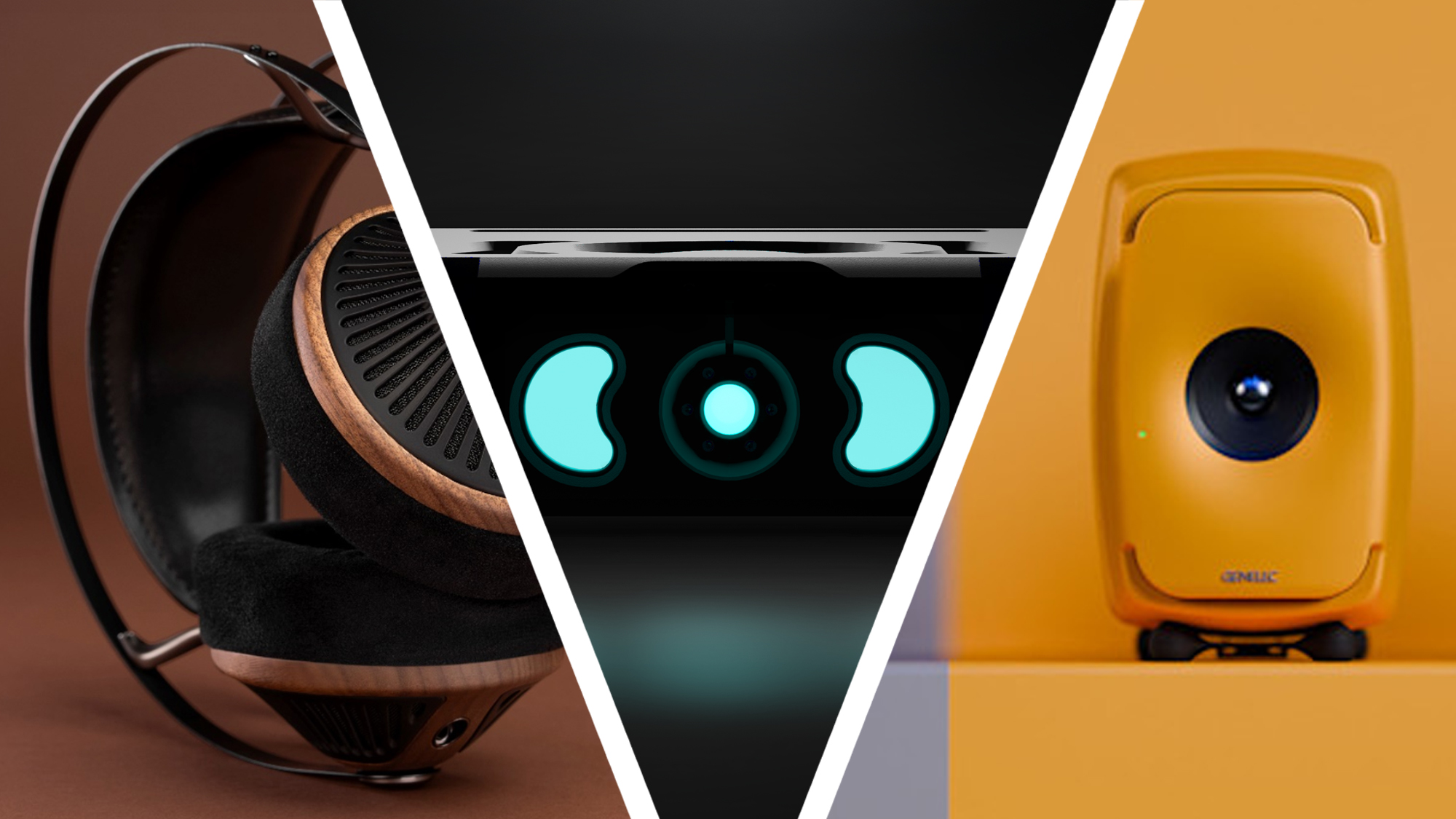















































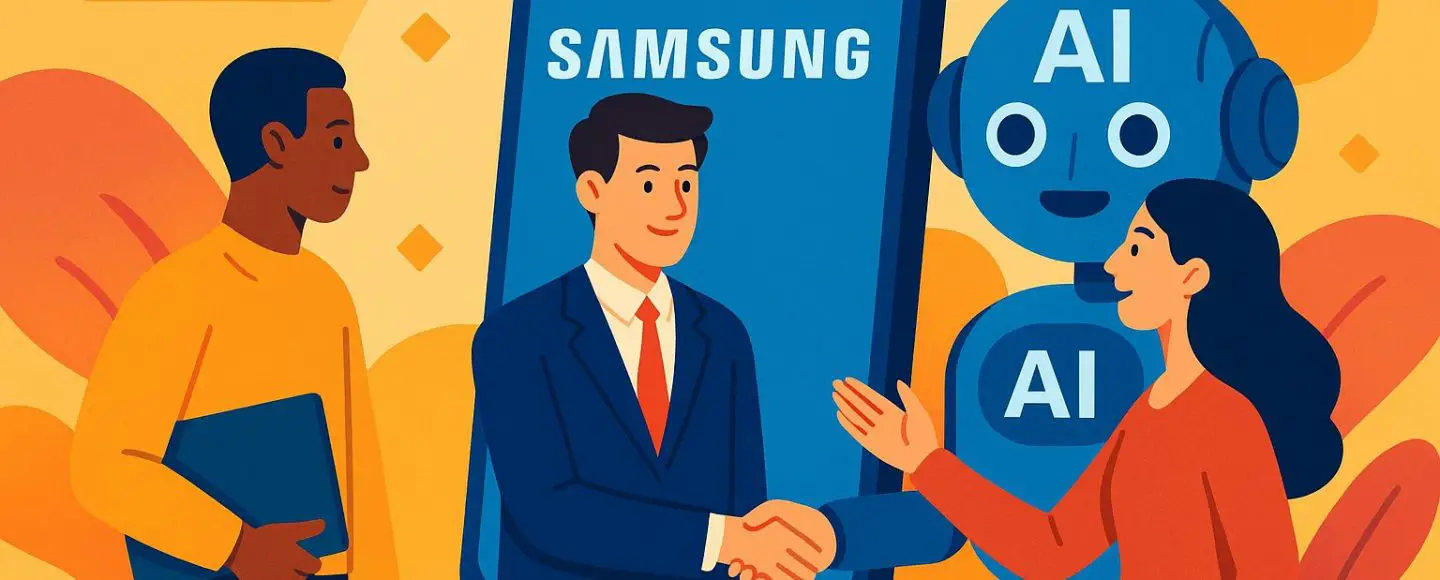













































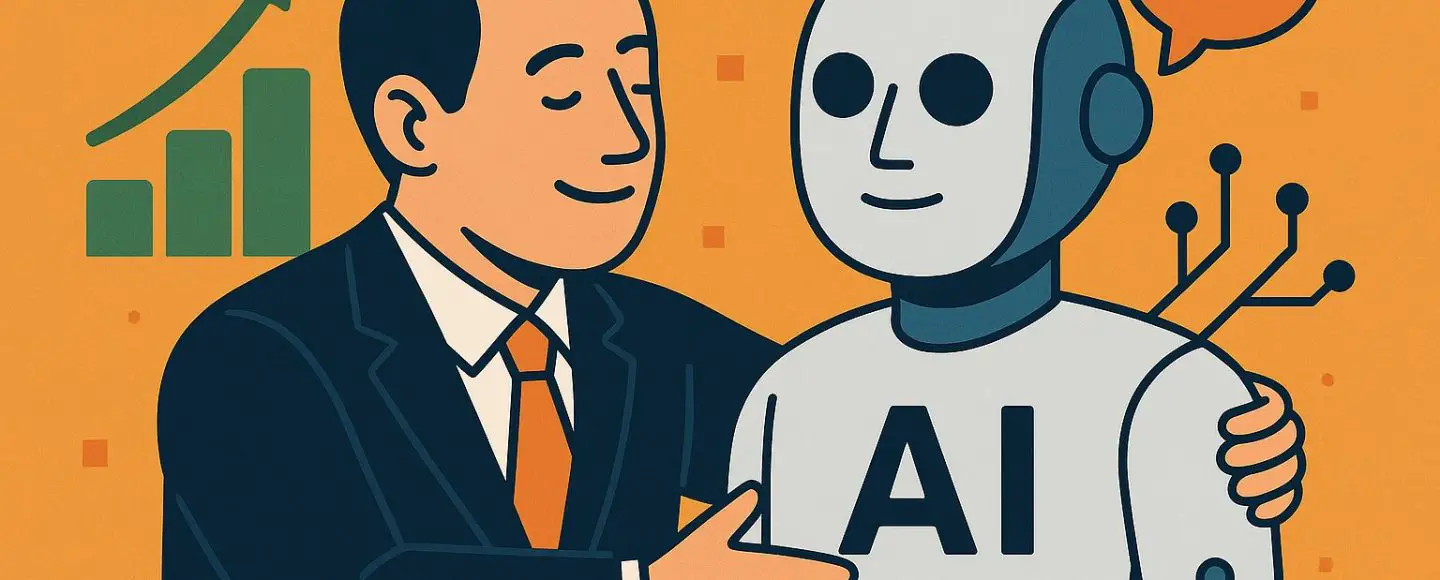

























































![[The AI Show Episode 146]: Rise of “AI-First” Companies, AI Job Disruption, GPT-4o Update Gets Rolled Back, How Big Consulting Firms Use AI, and Meta AI App](https://www.marketingaiinstitute.com/hubfs/ep%20146%20cover.png)















































































































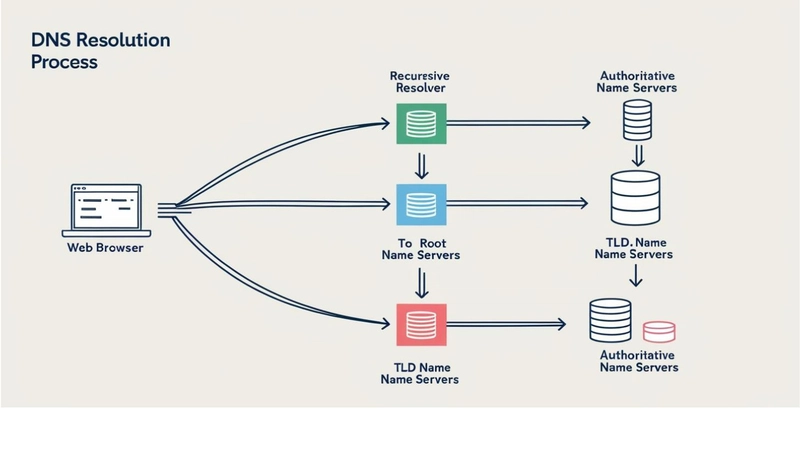













![[DEALS] Internxt Cloud Storage Lifetime Subscription: 10TB Plan (88% off) & Other Deals Up To 98% Off – Offers End Soon!](https://www.javacodegeeks.com/wp-content/uploads/2012/12/jcg-logo.jpg)


![Ditching a Microsoft Job to Enter Startup Purgatory with Lonewolf Engineer Sam Crombie [Podcast #171]](https://cdn.hashnode.com/res/hashnode/image/upload/v1746753508177/0cd57f66-fdb0-4972-b285-1443a7db39fc.png?#)













































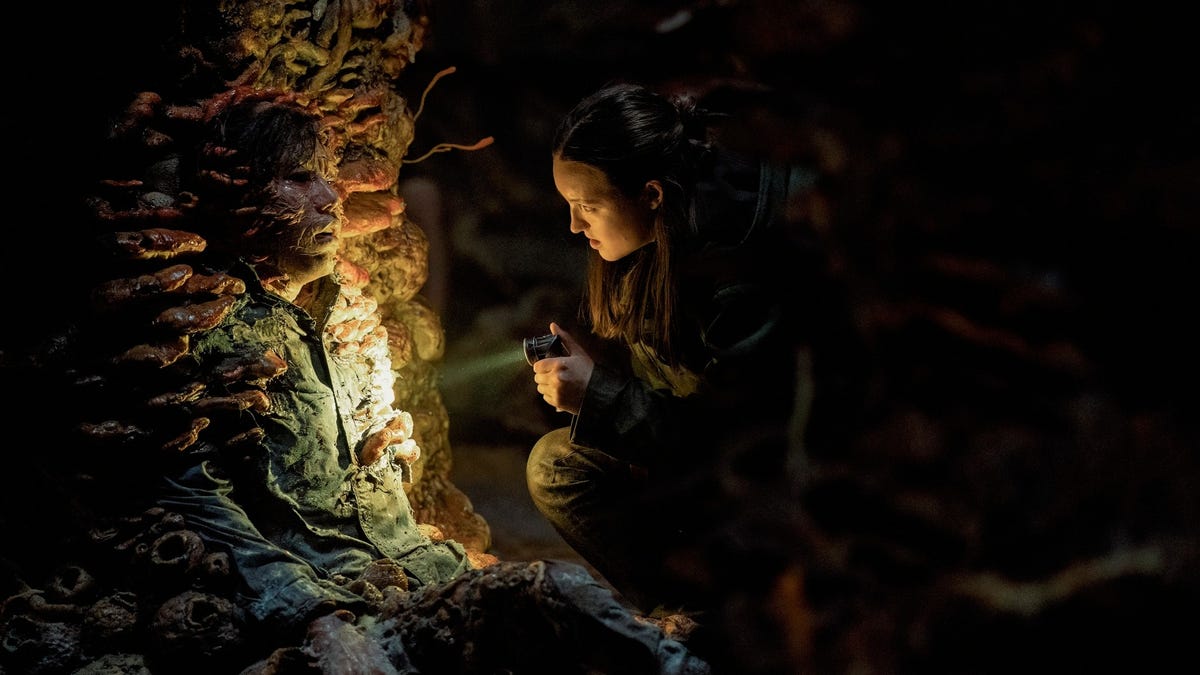














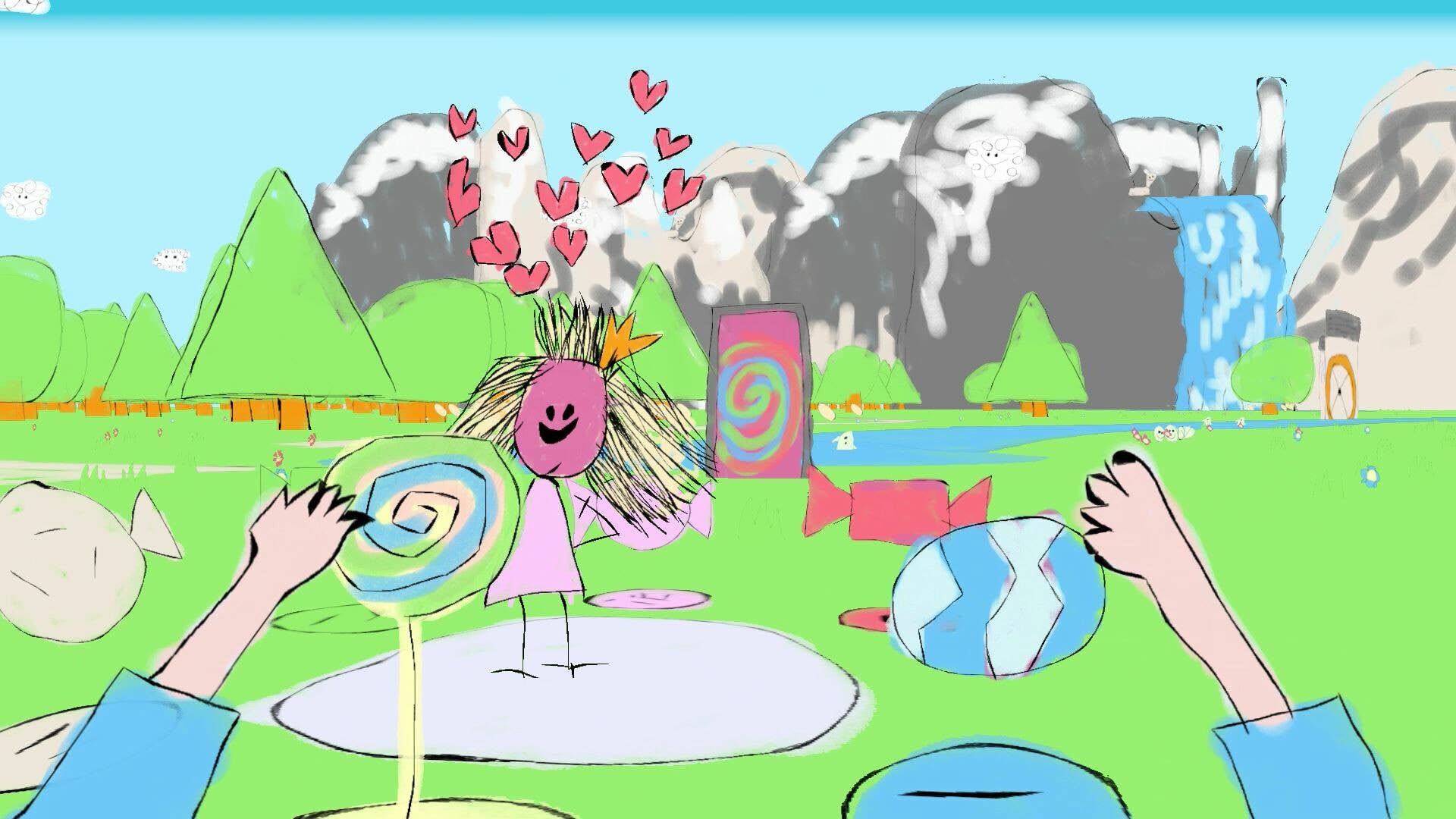

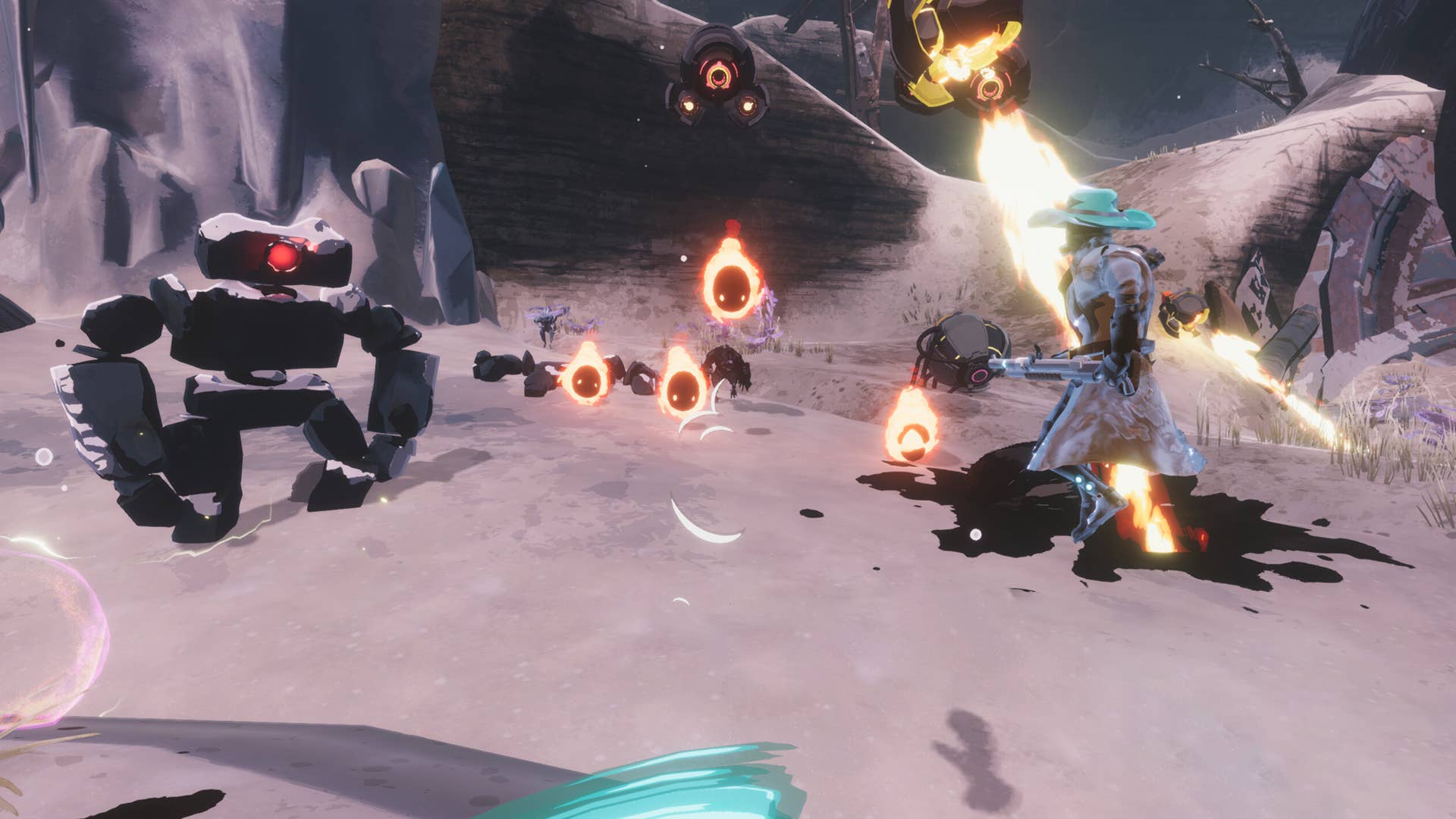















































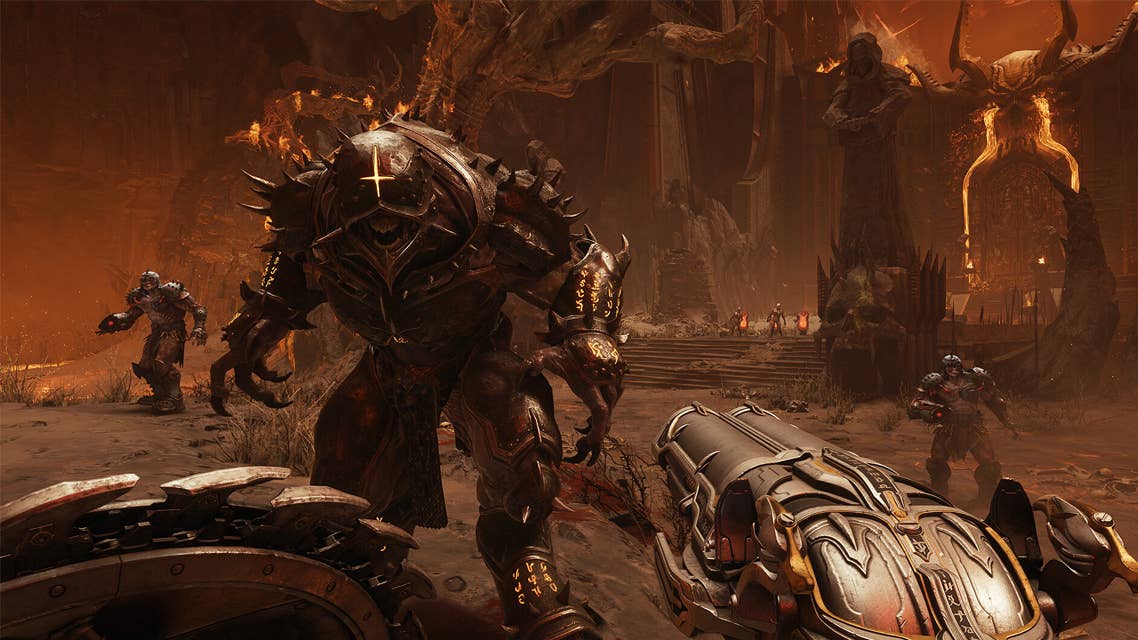

















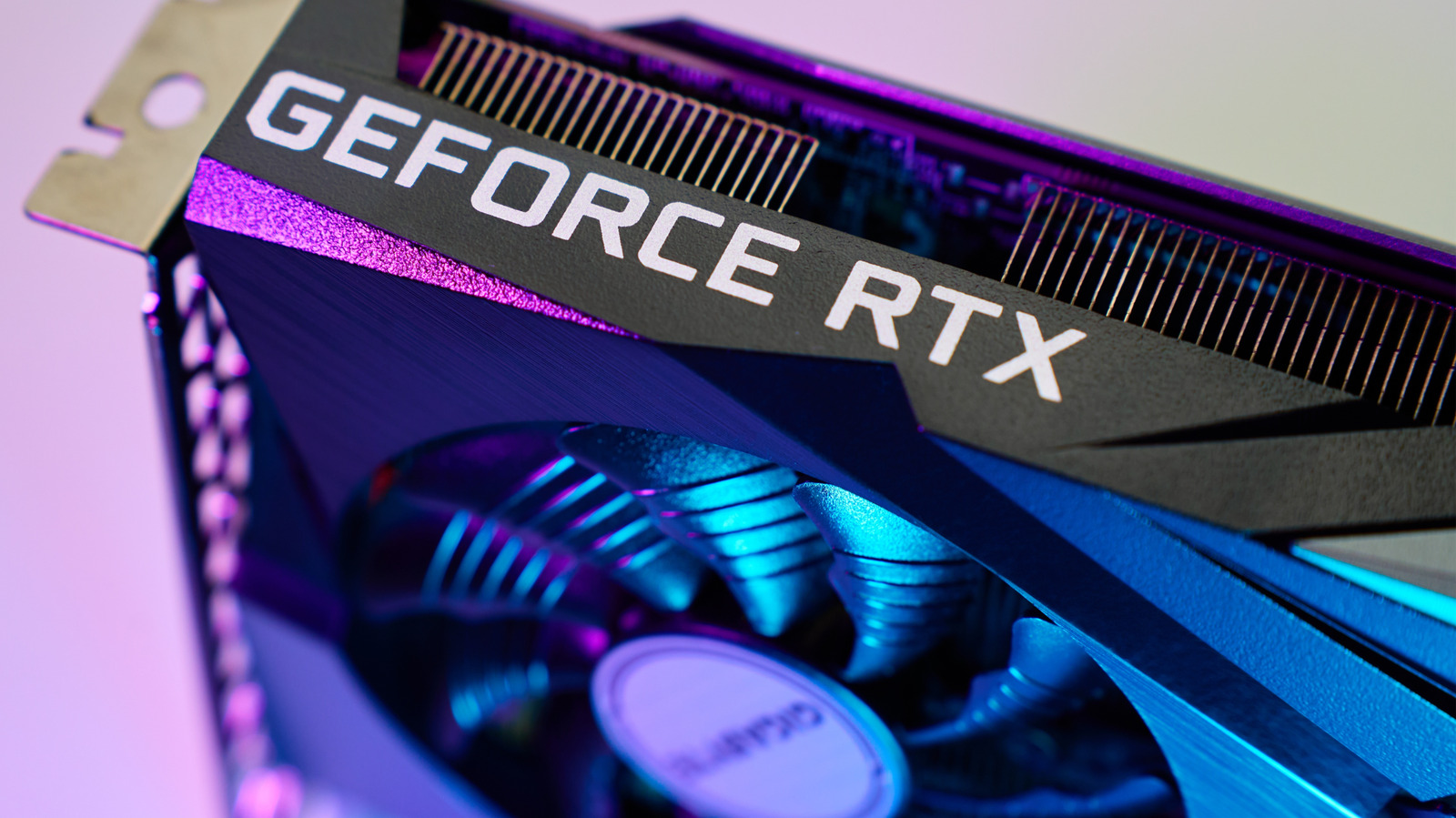












































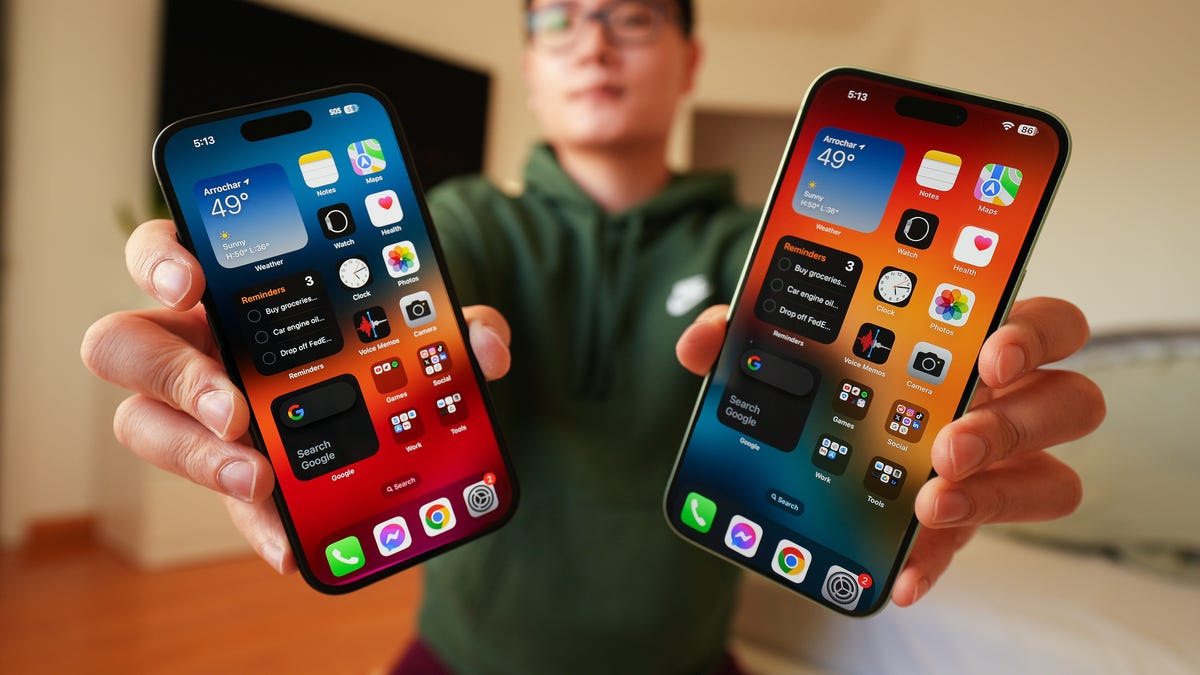


















































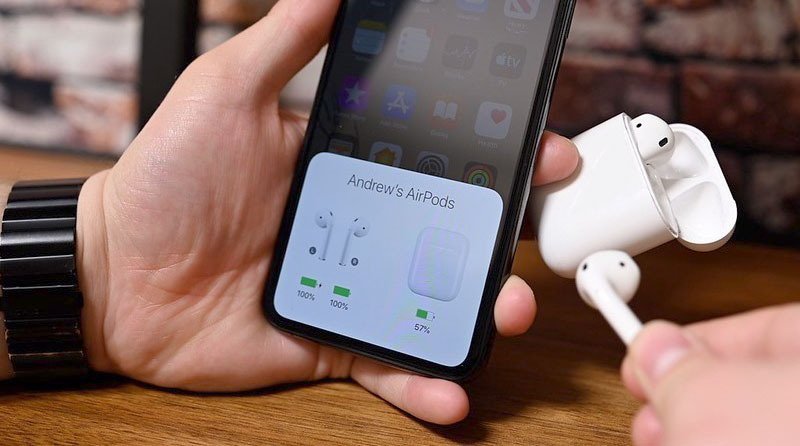
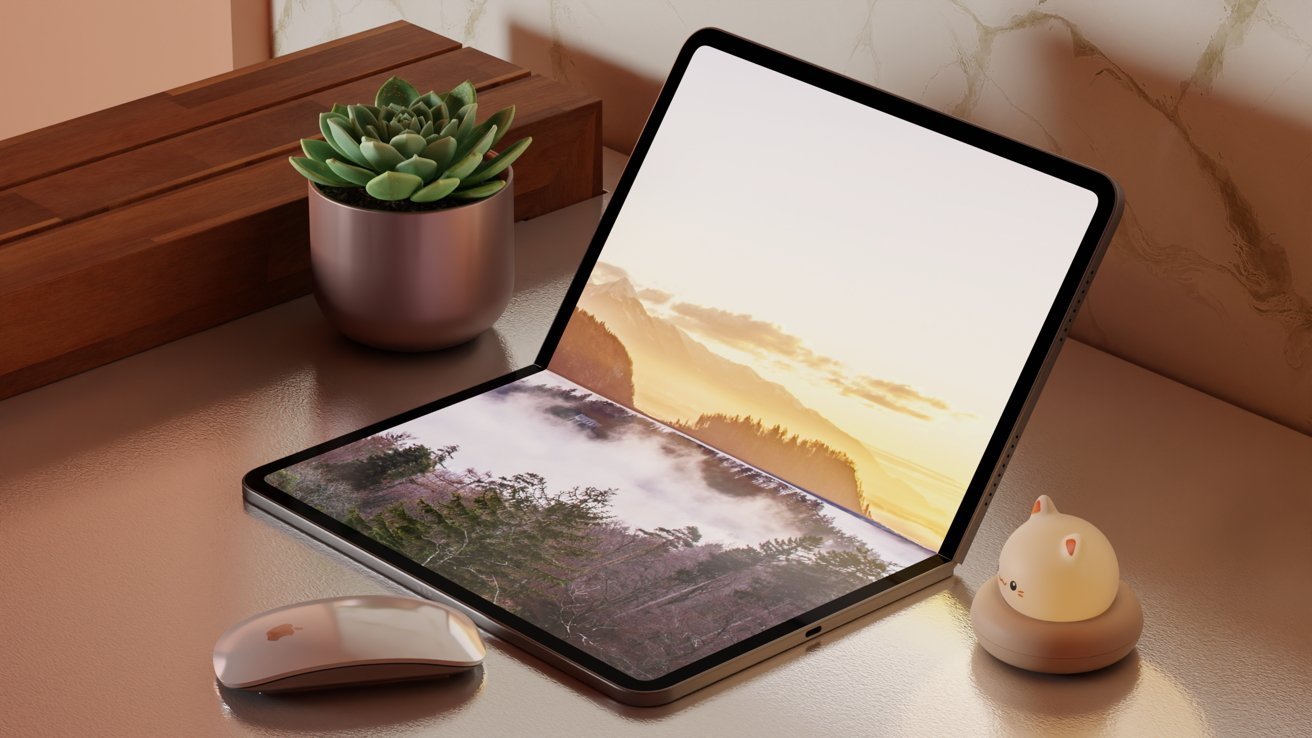
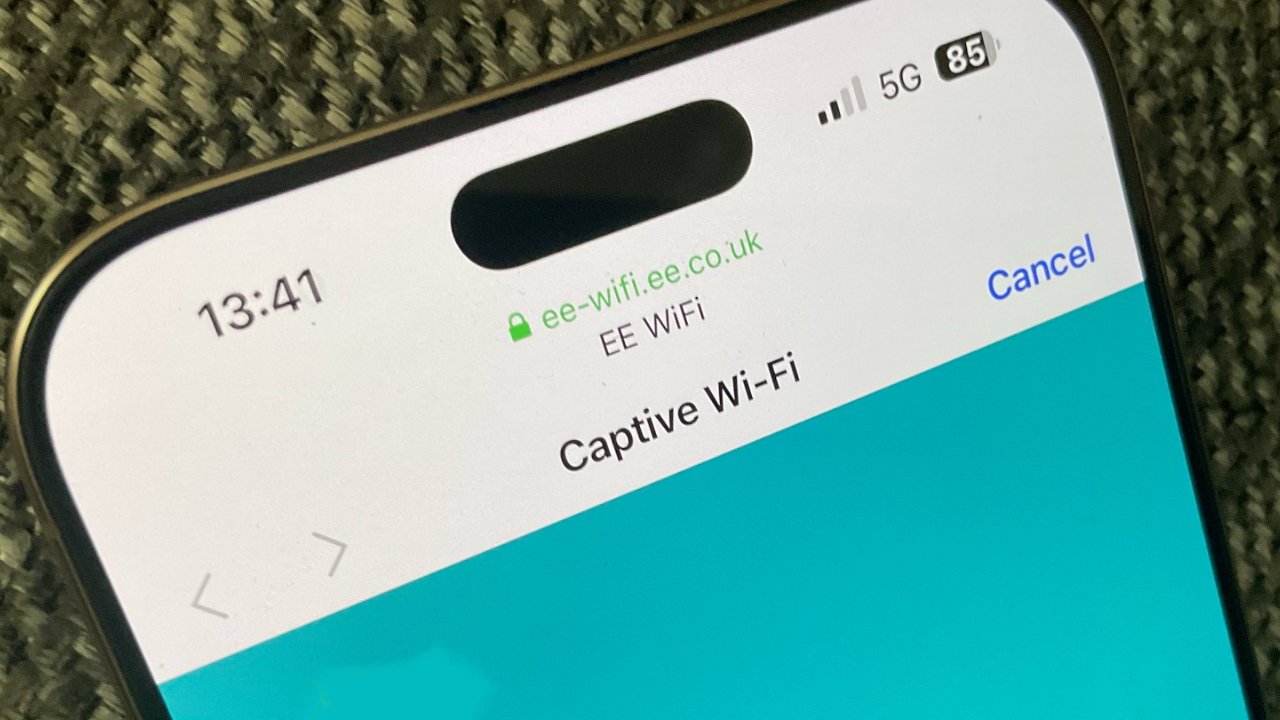
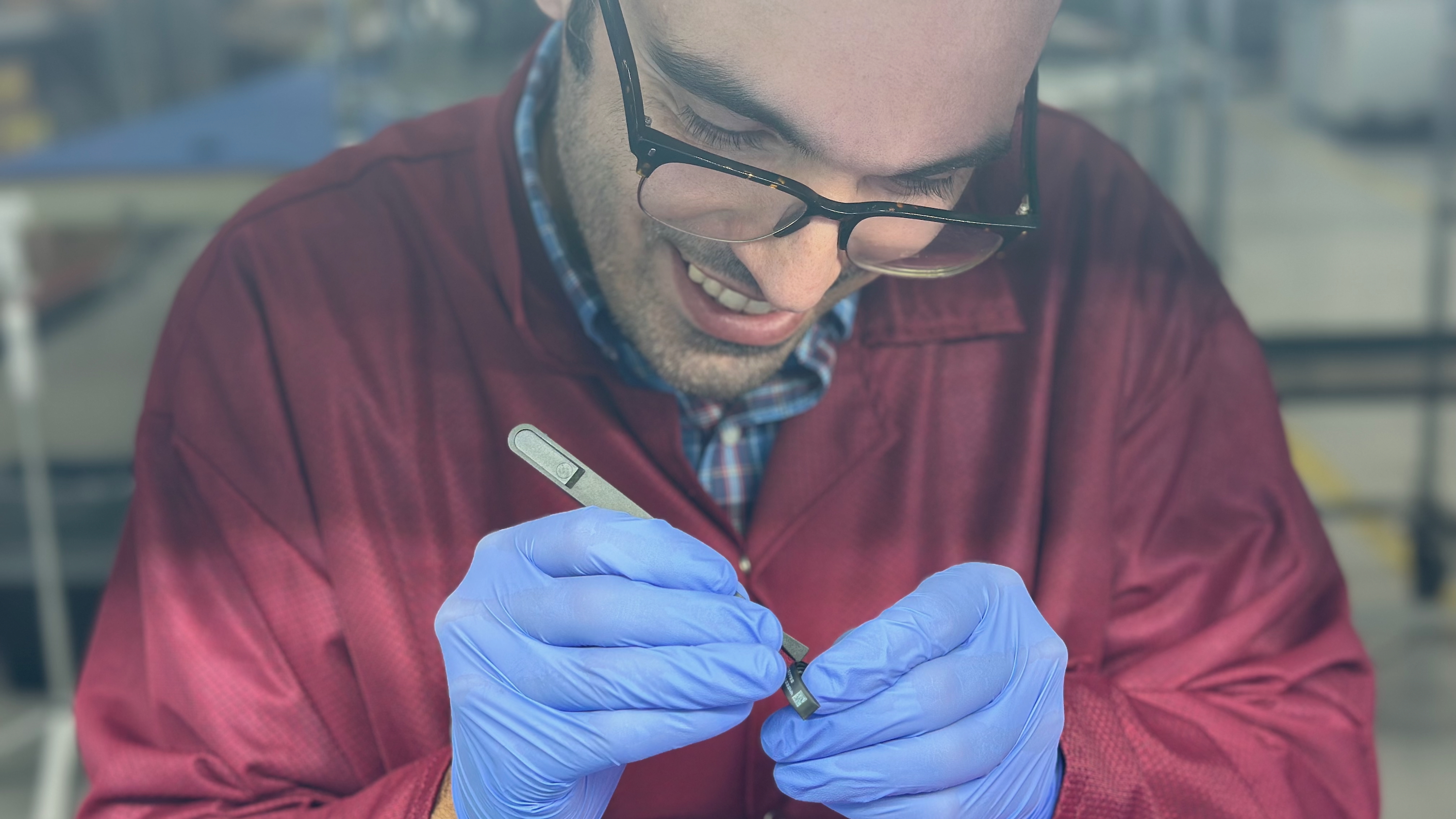
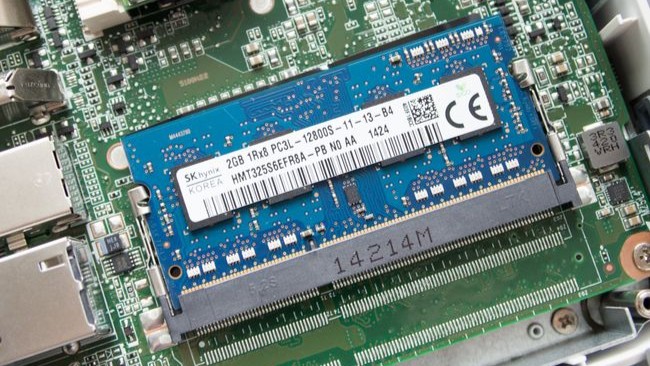
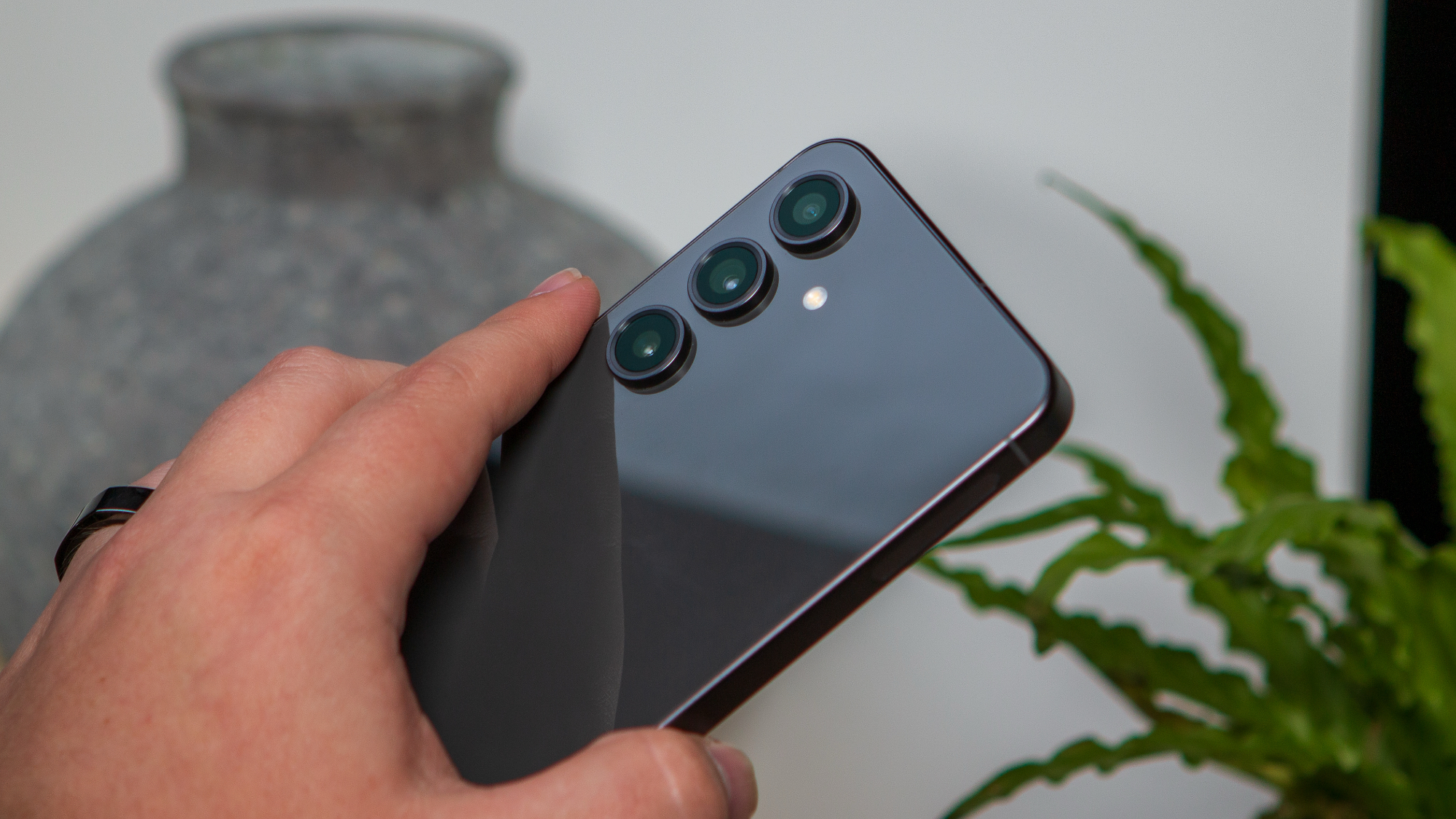
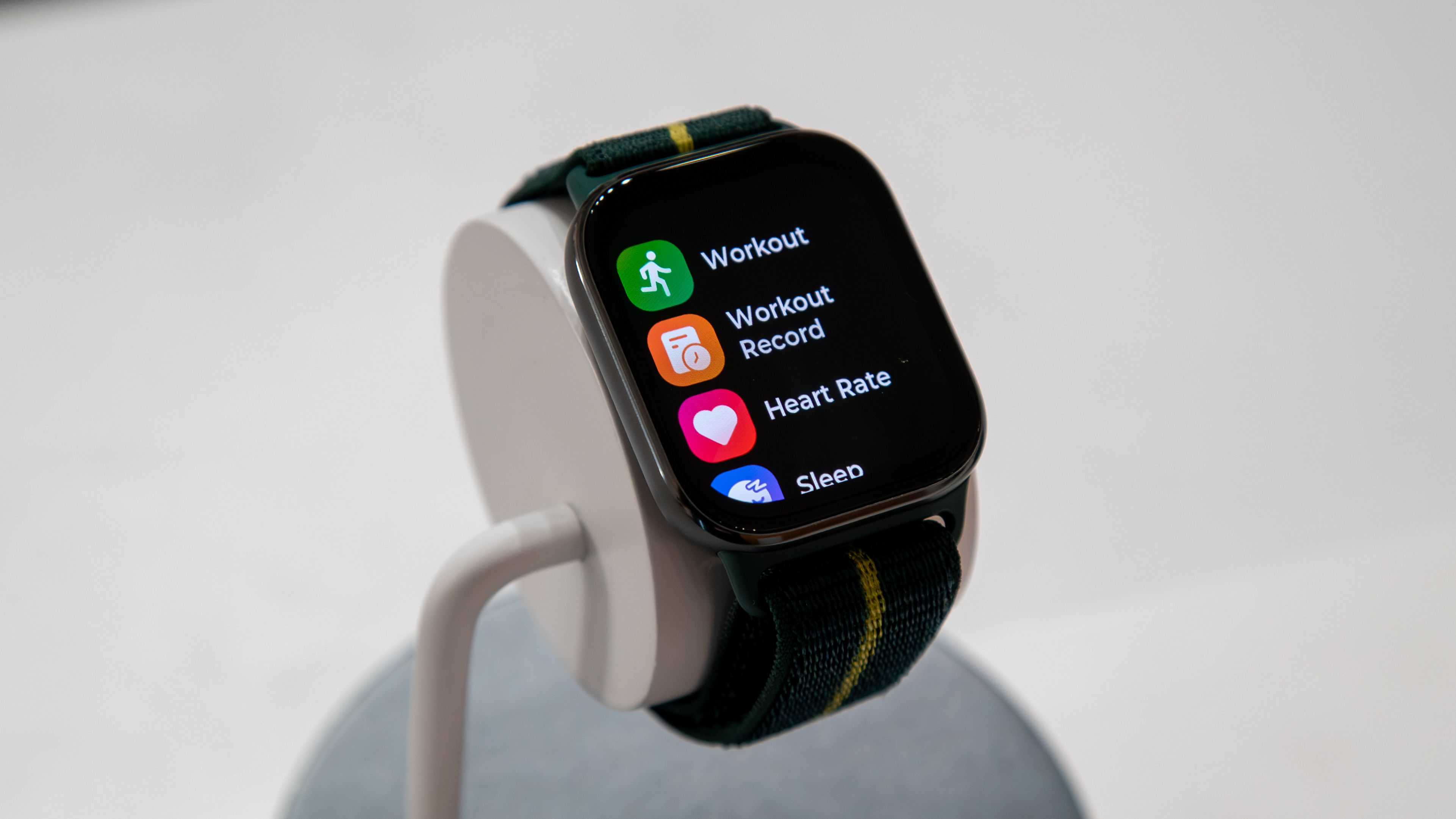
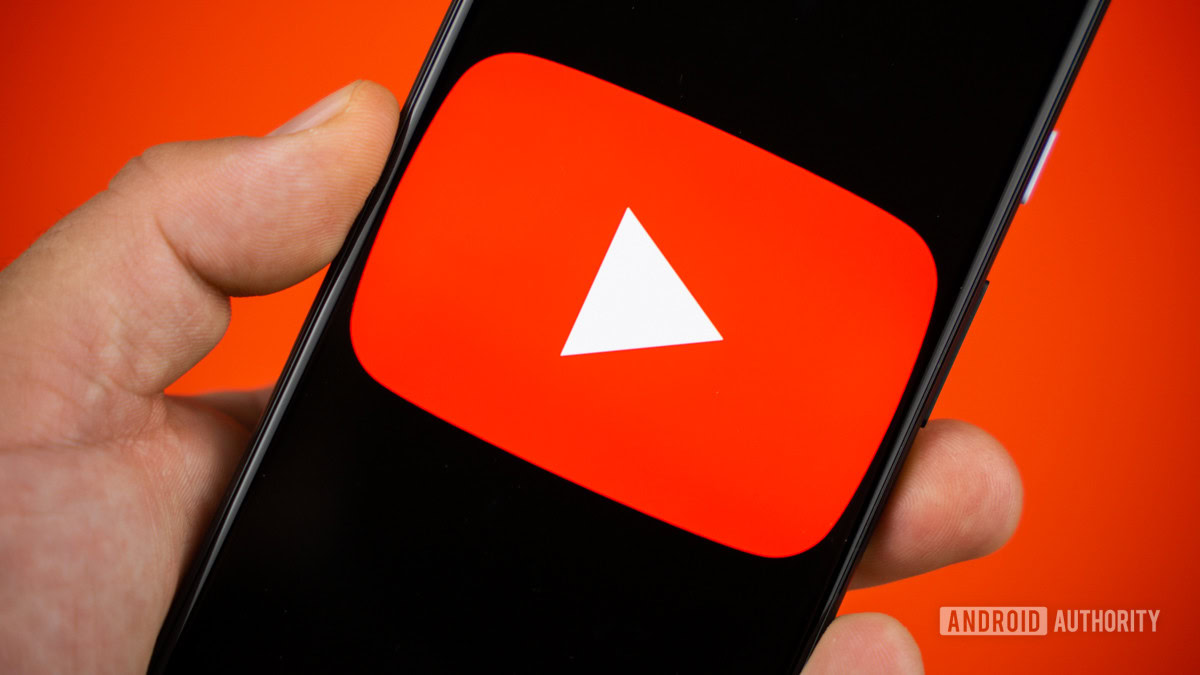
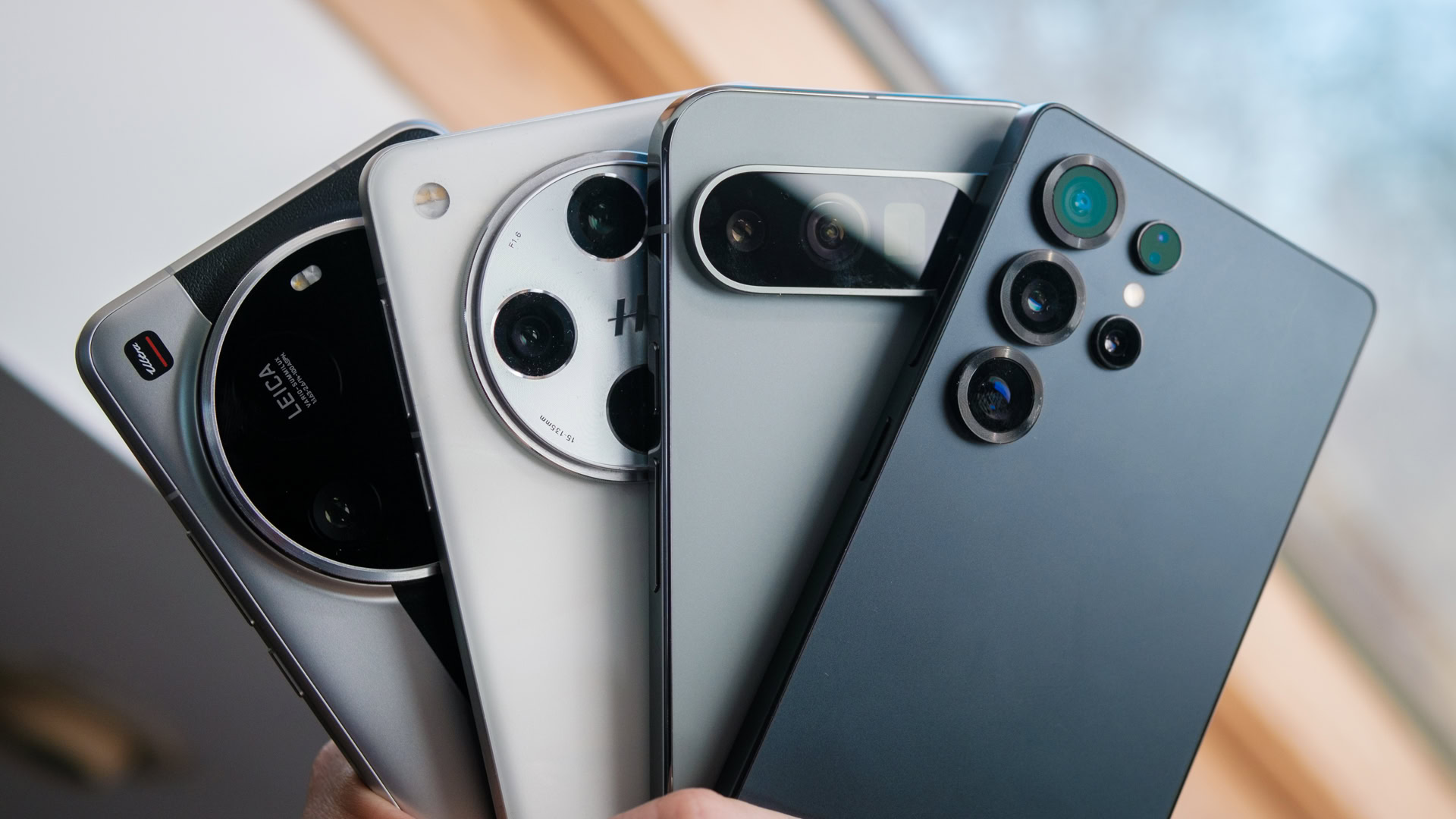
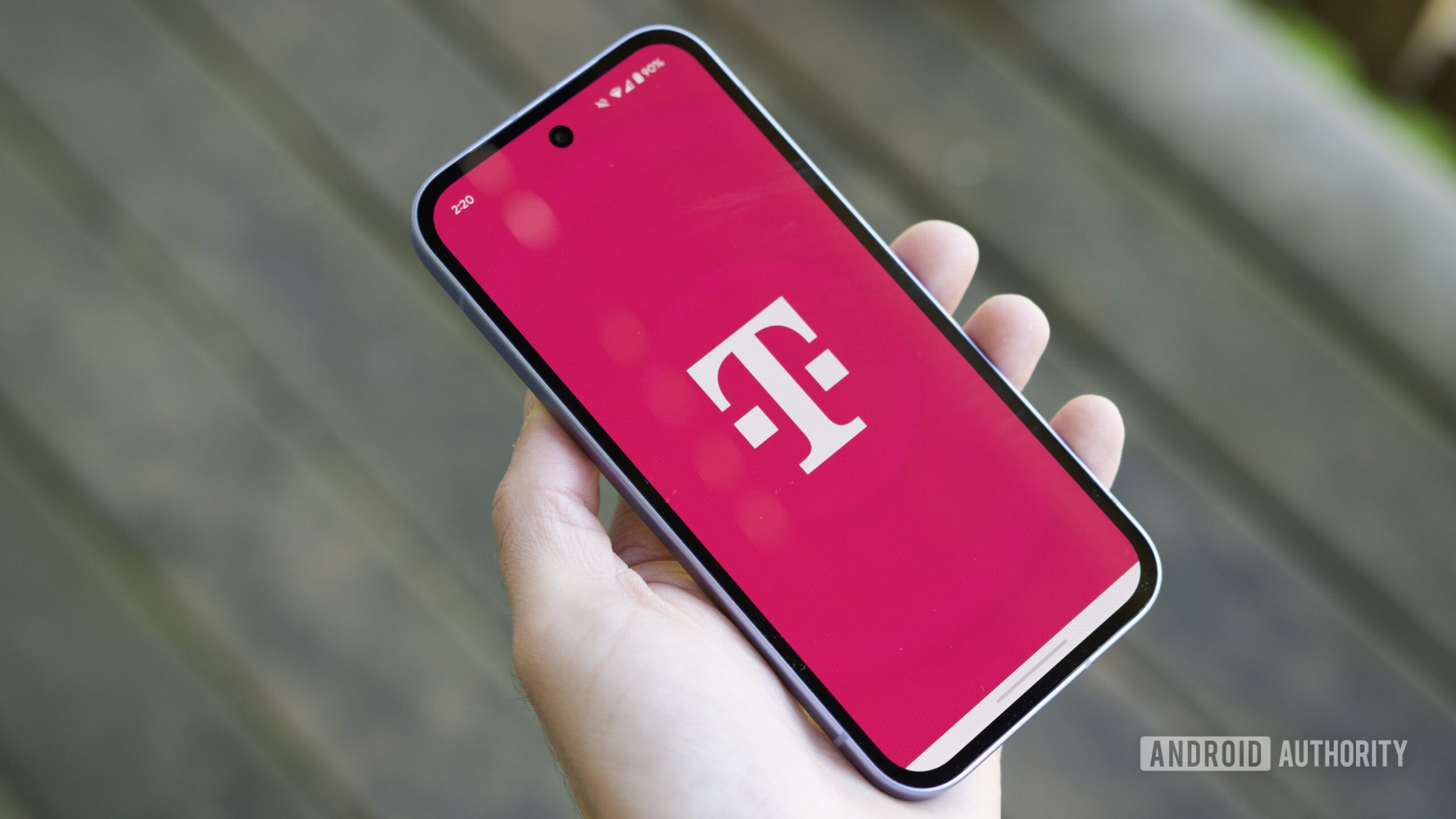




![[Fixed] Gemini 2.5 Flash missing file upload for free app users](https://i0.wp.com/9to5google.com/wp-content/uploads/sites/4/2025/03/google-gemini-workspace-1.jpg?resize=1200%2C628&quality=82&strip=all&ssl=1)


![As Galaxy Watch prepares a major change, which smartwatch design to you prefer? [Poll]](https://i0.wp.com/9to5google.com/wp-content/uploads/sites/4/2024/07/Galaxy-Watch-Ultra-and-Apple-Watch-Ultra-1.jpg?resize=1200%2C628&quality=82&strip=all&ssl=1)








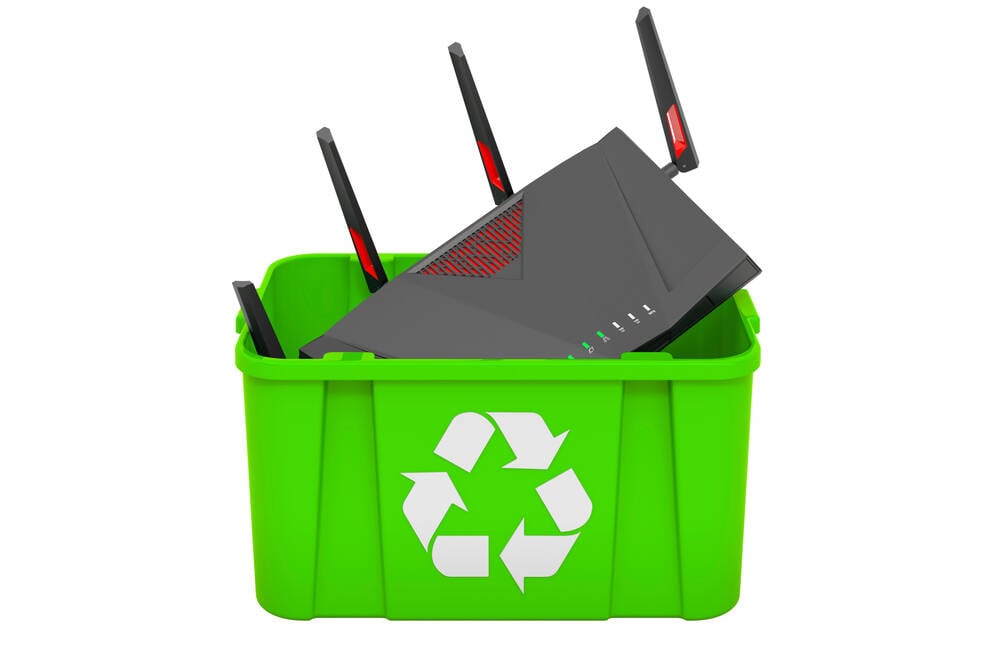


![Apple M4 MacBook Air Hits New All-Time Low of $824 [Deal]](https://www.iclarified.com/images/news/97288/97288/97288-640.jpg)
![An Apple Product Renaissance Is on the Way [Gurman]](https://www.iclarified.com/images/news/97286/97286/97286-640.jpg)
![Apple to Sync Captive Wi-Fi Logins Across iPhone, iPad, and Mac [Report]](https://www.iclarified.com/images/news/97284/97284/97284-640.jpg)
![Apple M4 iMac Drops to New All-Time Low Price of $1059 [Deal]](https://www.iclarified.com/images/news/97281/97281/97281-640.jpg)








































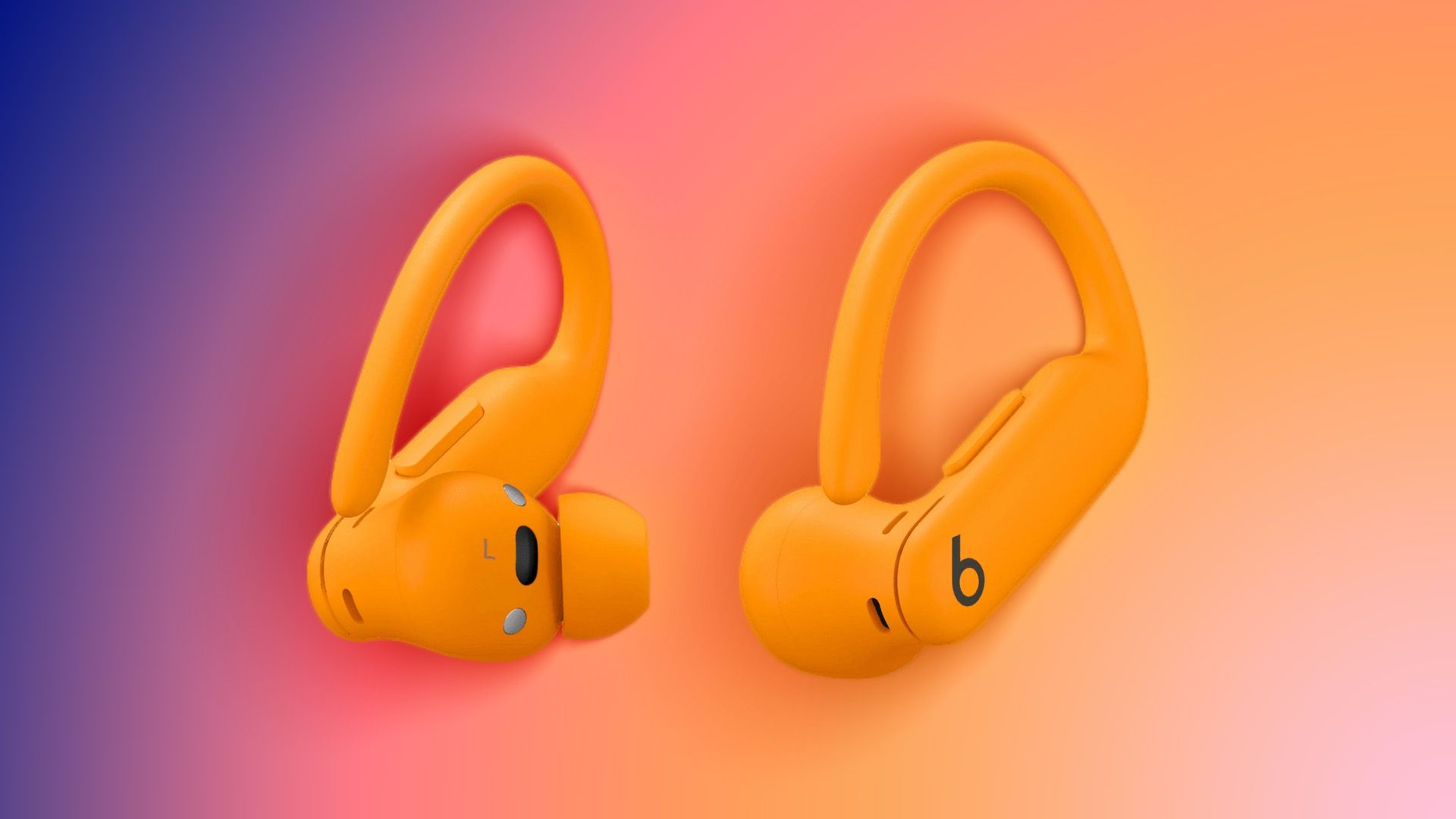
![Apple's 11th Gen iPad Drops to New Low Price of $277.78 on Amazon [Updated]](https://images.macrumors.com/t/yQCVe42SNCzUyF04yj1XYLHG5FM=/2500x/article-new/2025/03/11th-gen-ipad-orange.jpeg)

